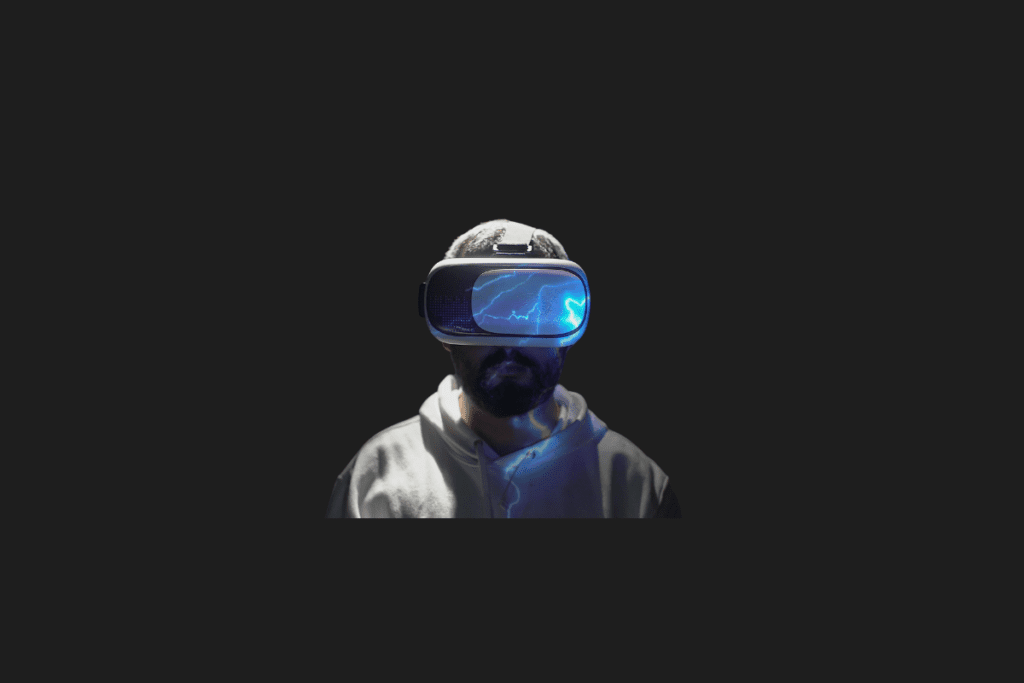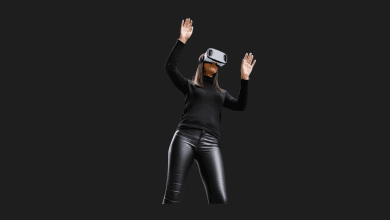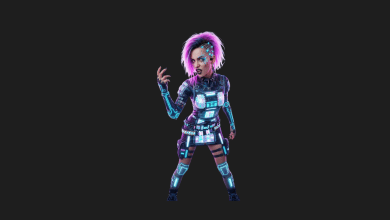The Role of AI in the Metaverse

The concept of the Metaverse—a collective virtual space emerging from the convergence of physical and virtual realities—has garnered interest from technologists, investors, and futurists. Although the concept remains largely speculative and in development, Artificial Intelligence (AI) is anticipated to significantly influence the shaping of the Metaverse. Here are several ways AI could contribute:
Personalization and Adaptation

AI algorithms can personalize user experiences by curating content, environments, and interactions based on user behavior, preferences, and needs. This could make the Metaverse much more engaging and useful.
Natural Language Processing (NLP)

AI-powered chatbots and virtual assistants could offer more natural ways to interact within the Metaverse, serving as guides, customer service representatives, or companions.
Simulation and Realism

Advanced AI algorithms could make the virtual world more “alive,” simulating everything from weather patterns and ecological systems to crowds and traffic, creating a more immersive experience.
Game and Content Creation

AI could assist or even automate the creation of virtual worlds, games, and other experiences, enabling more dynamic and responsive environments that adapt over time or according to user input.
Governance and Security

AI could help manage and monitor these expansive virtual worlds, detecting anomalies or malicious activities and ensuring a smoother governance system that could adapt to the complex needs and challenges that a Metaverse would present.
Interactivity

Through object recognition, sentiment analysis, and real-time data processing, AI could enable more interactive and responsive environments. For example, your virtual avatar might be able to “sense” your mood and adapt accordingly.
Economic Transactions

AI could manage complex virtual economies, including the tracking and validation of transactions involving virtual or real-world assets. Automated agents could act as vendors, auctioneers, or investment advisors.
Social and Cultural Functions

AI could simulate realistic crowd behavior, generate non-player characters (NPCs) with more lifelike interactions, or even create AI-driven characters who can engage in complex social dynamics with human players.
Search and Discovery

In a world as expansive as the Metaverse, AI could help users find what they are looking for, be it people, places, or things. Advanced search algorithms and recommendation systems could guide users through the vast amounts of content.
Education and Training

AI-driven simulations and environments could offer more effective training and educational experiences, from virtual classrooms to simulated laboratories or historical environments for experiential learning.
Healthcare

Virtual healthcare consultations and interventions could be guided and enhanced by AI, from diagnostics to mental health treatments, in a more immersive and interactive setting.
It’s crucial to note that the deployment of AI in the Metaverse will raise ethical and philosophical questions, particularly about data privacy, surveillance, economic inequality, and the potential for AI-driven manipulation of human behavior. As such, the integration of AI into the Metaverse will likely require careful consideration and governance.











